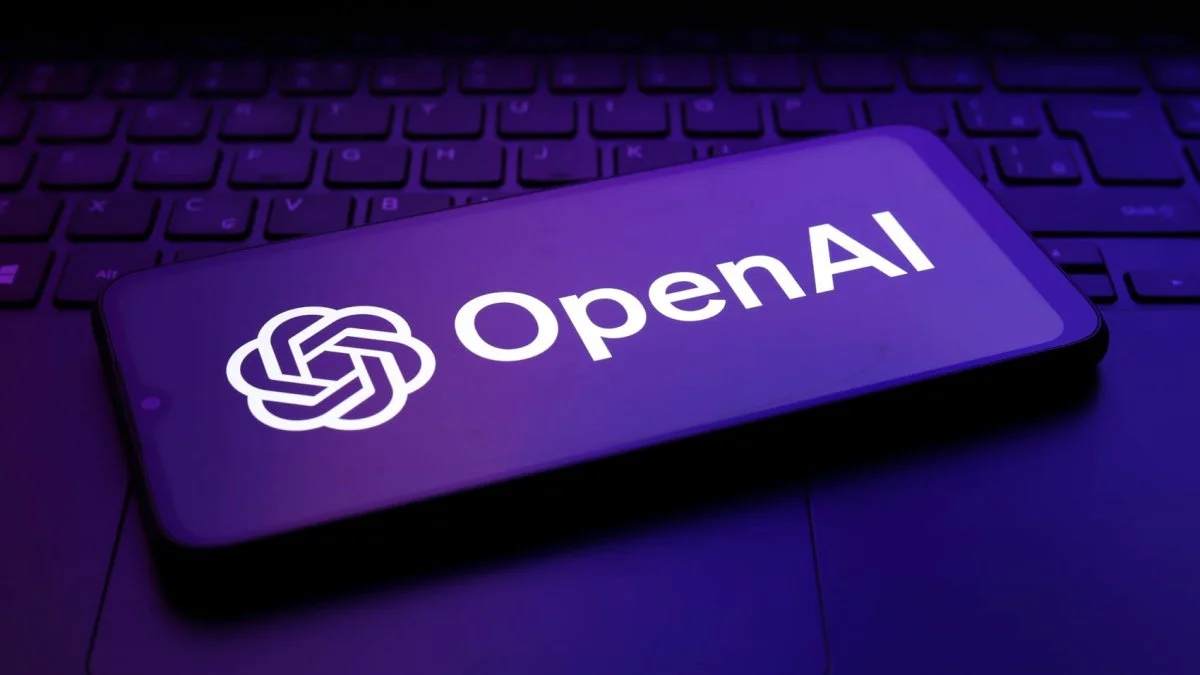
SoftBank has announced a significant commitment to OpenAI, pledging $3 billion annually to utilize its technologies, including ChatGPT Enterprise. This partnership also introduces a new joint venture, 'SB OpenAI Japan,' aimed at marketing OpenAI's enterprise solutions to major Japanese companies. The collaboration comes as OpenAI seeks to raise up to $40 billion in funding, with SoftBank potentially becoming its largest backer.
The deal will provide SoftBank and its subsidiaries access to a suite of OpenAI products, branded as 'Cristal Intelligence,' enhancing productivity and operational efficiency. Notably, Arm, a chip designer under SoftBank, will leverage these tools to improve its processes. The partnership reflects a broader ambition to achieve artificial general intelligence (AGI) within the next decade, emphasizing the need for substantial investment in AI technologies.
• SoftBank commits $3 billion annually to utilize OpenAI's technologies.
• Joint venture 'SB OpenAI Japan' targets major companies in Japan.
AGI refers to AI that can perform any intellectual task that a human can do, which SoftBank believes will be achieved in large enterprises first.
ChatGPT Enterprise is a version of OpenAI's chatbot designed for business applications, which SoftBank will utilize to enhance its operations.
SoftBank is a major investor in technology and telecommunications, now focusing on AI through its partnership with OpenAI.
OpenAI is a leading AI research organization known for developing advanced AI models, including ChatGPT, which SoftBank will leverage.
Isomorphic Labs, the AI drug discovery platform that was spun out of Google's DeepMind in 2021, has raised external capital for the first time. The $600
How to level up your teaching with AI. Discover how to use clones and GPTs in your classroom—personalized AI teaching is the future.
Trump's Third Term? AI already knows how this can be done. A study shows how OpenAI, Grok, DeepSeek & Google outline ways to dismantle U.S. democracy.
Sam Altman today revealed that OpenAI will release an open weight artificial intelligence model in the coming months. "We are excited to release a powerful new open-weight language model with reasoning in the coming months," Altman wrote on X.
